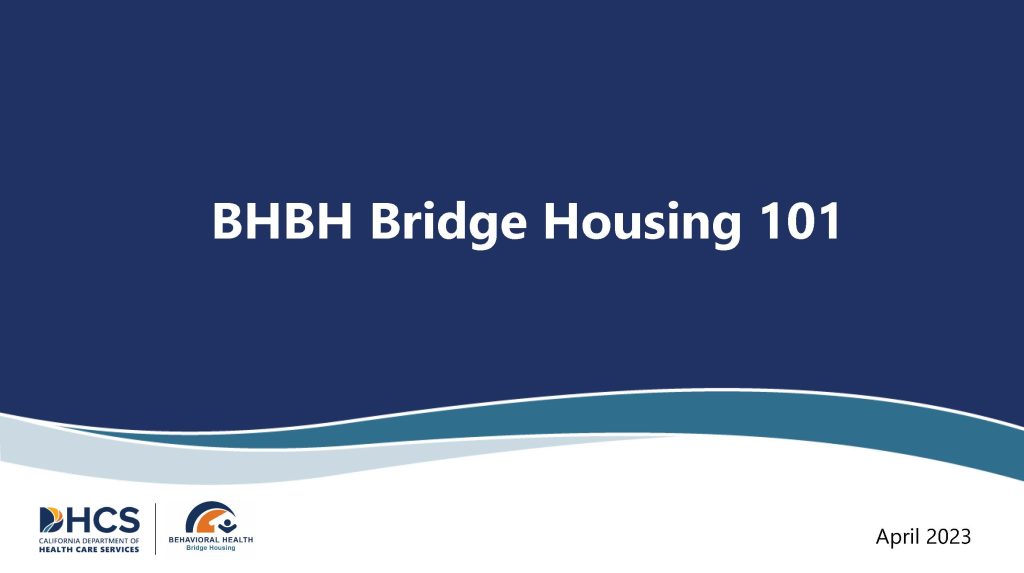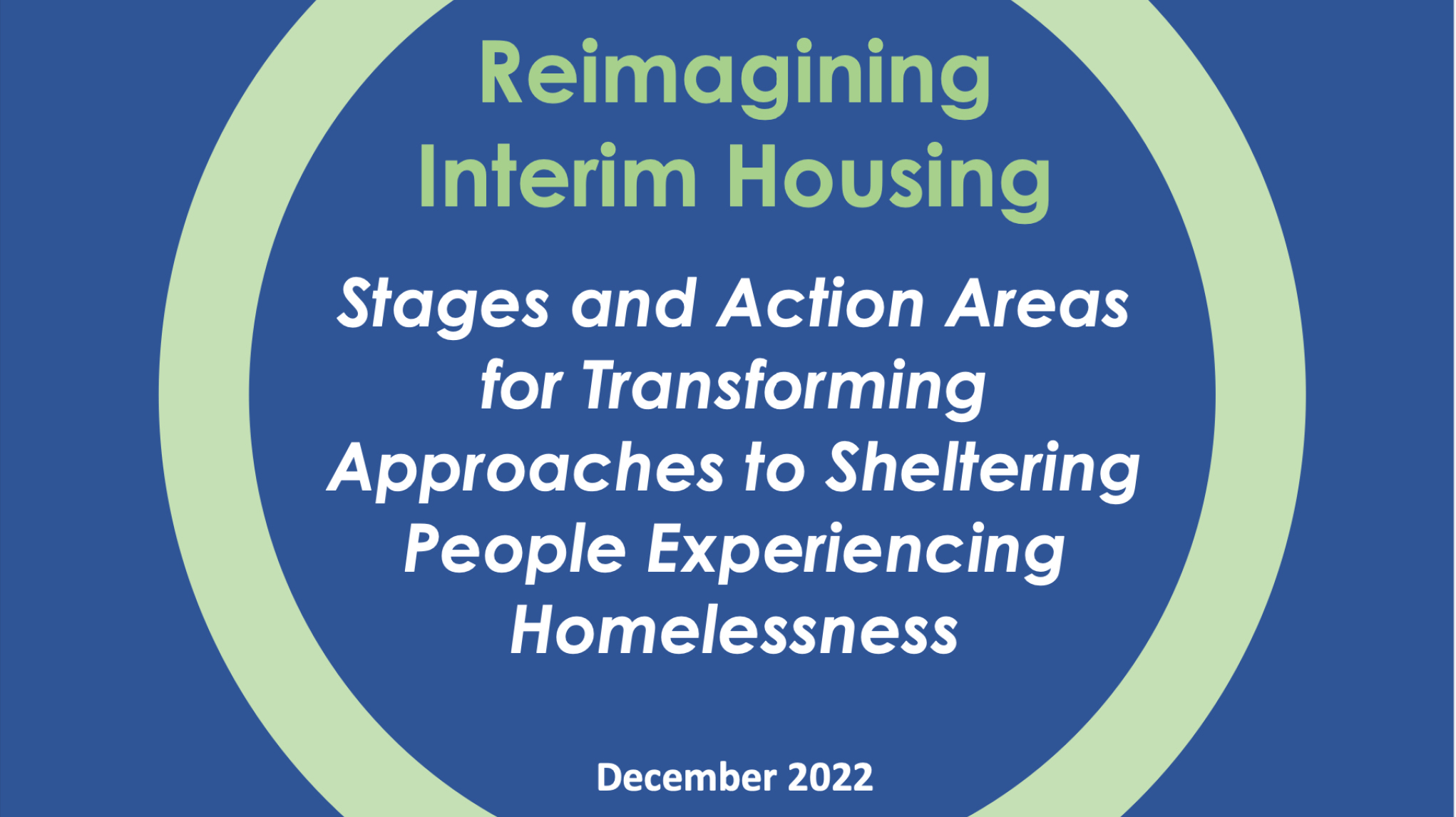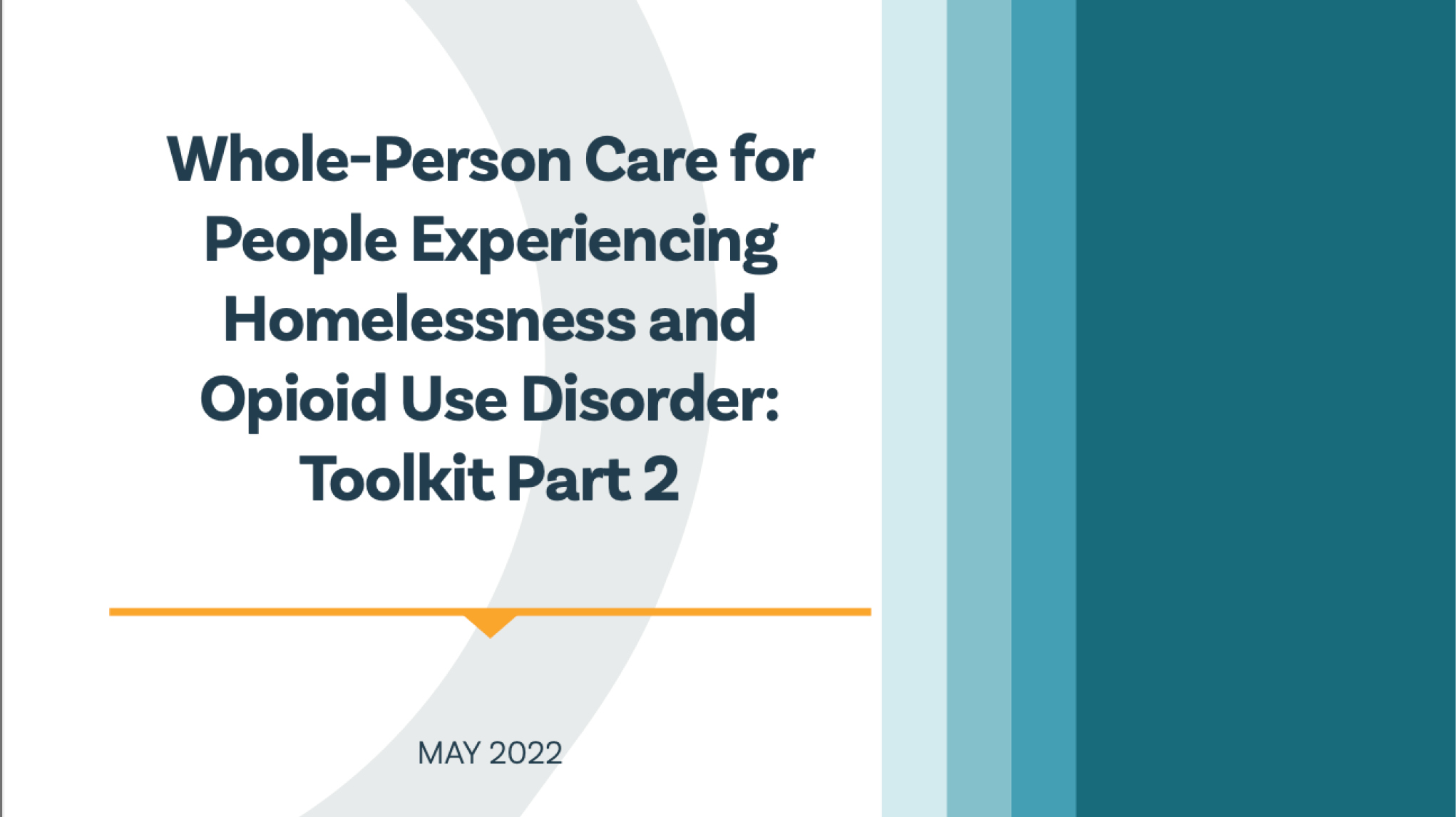Resources
Featured Resources
Recording of the BHBH Bridge Housing 101 webinar, originally held on April 17, 2023. Slide Presentation
Search the Library
This library contains documents that may be useful to counties and/or Tribal entities as they design and implement behavioral health bridge housing. The search function allows you to search by keyword and resource type. Although BHBH staff has reviewed all resources for relevance to behavioral health bridge housing and to categorize them by topic, please note that external links and resources may not fully reflect the views of DHCS or AHP.
HUD Housing Problem Solving Resource Page
A collection of resource documents from the U.S. Department of Housing and Urban Development outlining techniques and strategies for providing person-centered and housing-focused supports to people experiencing homelessness.
2023 AHAR Report to Congress
The US Department of Housing and Urban Development (HUD) releases the Annual Homelessness Assessment Report to Congress (AHAR) in two parts. Part 1 provides Point-in-Time (PIT) estimates, offering a snapshot of experiences of homelessness—both sheltered and unsheltered—on a single night.
BH Crisis Care Continuum
CalHHS engaged with stakeholders and assessed the current landscape to identify near-term opportunities for improved coordination across the crisis continuum, including crisis prevention, response, and stabilization services for suicide, mental health, and substance-use-related crises.
Responding to a Fentanyl Overdose: What California First Responders Need to Know
This fact sheet provides guidance and additional resources for first responders who are likely to encounter fentanyl and have safety concerns.
Expanding Peer Support Roles in Homeless Services Delivery: A Toolkit for Service Providers
This toolkit provides support with integrating peer services into existing homeless services agencies. Explores the need for careful review of current policies and procedures and retraining and redirecting current staff toward a recovery orientation.
The Peer Support Experience: In Our Own Words
This webinar, led by panelists currently providing peer services, will introduce a new toolkit developed to provide guidance and strategies to integrate and sustain peer workers within homeless service organizations. Speakers will explore the impact of peer-led services on outcomes, identify opportunities for support, and reflect on their experiences with onboarding and daily operations in these roles.



